The Vocal Economy: Hidden costs of an operatic career
There are careers that have fairly predictable costs and trajectories. Lawyers attend college and law school and then begin to practice. Doctors attend medical school, which often leads directly to residencies and post-graduate employment. Likewise, financial analysts and engineers tend to move immediately from study to internship to the workforce. College training for such professions is expensive, but the increased earning potential offsets the cost of attending university.
Musical careers, particularly those of opera singers, are far less formulaic.
To get started, let’s consider costs. First is the cost of private lessons in high school, which can run anywhere from $10 an hour to north of $100 an hour. Next, there is college tuition: $52,000 per year at Juilliard. A whopping $62,000 at Oberlin Conservatory, with similar price tags at other top schools around the country. And then come the expenses of actually launching a career: paying for travel to audition for artist training programs, competitions, and roles at different opera companies; buying musical scores and materials; paying significant sums for ongoing lessons or coaching and time with piano accompanists who can easily charge $100 to $150 per hour; paying an agent 10–15% of a singer’s earnings; purchasing the perfect clothes that will help sell a character in an audition; and funding whatever it costs to eat right, exercise, and keep one’s body in shape to support a healthy voice and stage-ready physique.
“This is very expensive money we make,” says mezzo-soprano Heather Johnson, who has built an enviable career singing at top opera companies across the U.S. And, she adds, the expenses don’t end once a singer begins securing regular work — some companies reimburse for travel and lodging, some don’t. As singers age, there are mortgages, healthcare costs, and perhaps childcare. The present system for soloists — land a gig, travel there, rehearse for some weeks, and, finally, sing — can work. Scores of singers have made a living, sometimes abundant, often only ample, for decades. But that’s only if everything goes just right.
And even then, there are no guarantees.
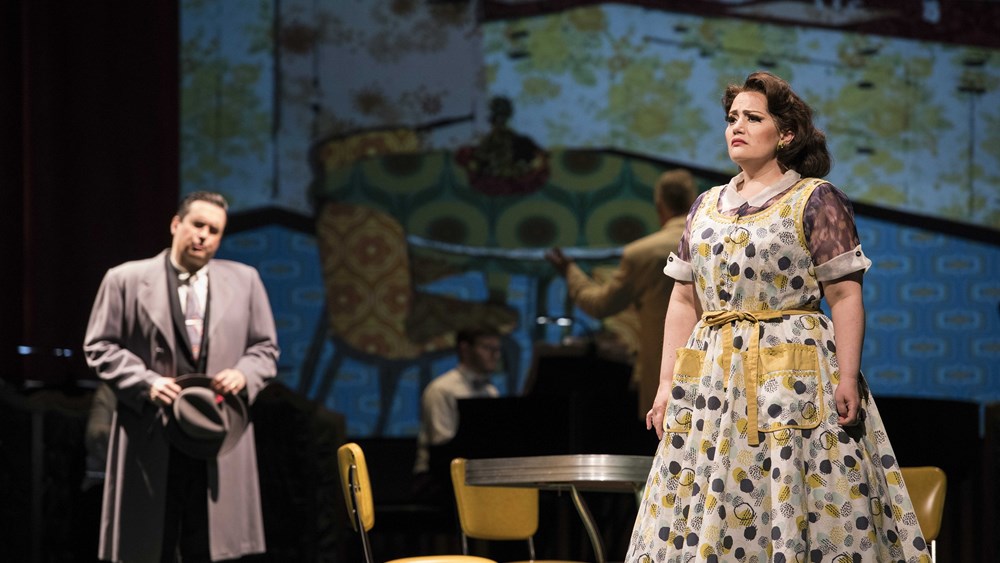
HARMONIC PROGRESSION
To launch a professional life, there’s a mantra drilled into singers’ heads by teachers and peers: sing. No matter where, no matter how, take the gig. Say “yes” to the opportunity, even if the pay is bad, or the location is far-flung, or if it means not resting your voice between jobs or missing a cousin’s wedding. “How come we are never told to say ‘no’ to a job that doesn’t pay us well?” asks baritone Ryan Wolfe, who began scoring wins at key singing competitions and earning the attention of large U.S. opera companies in 2020.
Wolfe’s early success led to attention from large U.S. opera companies in 2020 and a career path many singers covet. He is currently a resident at the prestigious Domingo-Colburn-Stein Young Artist Program at Los Angeles Opera, which comes with guaranteed work and a weekly stipend of $850 ($44,200 annually). Wolfe gets to collaborate with world-class singers and directors, and the company pays him extra for jobs that fall outside the norm, like entertaining at donor functions. They also allow him time off to travel for other paying jobs as long as it does not interfere with work at home.
“One of the only ways to make it financially as a 26-year-old singer is to get into this mountaintop kind of program,” Wolfe says. “But the reality is that there just aren’t enough spots for everyone.” While there are several similar young artist programs that come with guaranteed performances and a weekly stipend, earning a spot is highly competitive — there are often hundreds of applicants for only a handful of positions around the country.
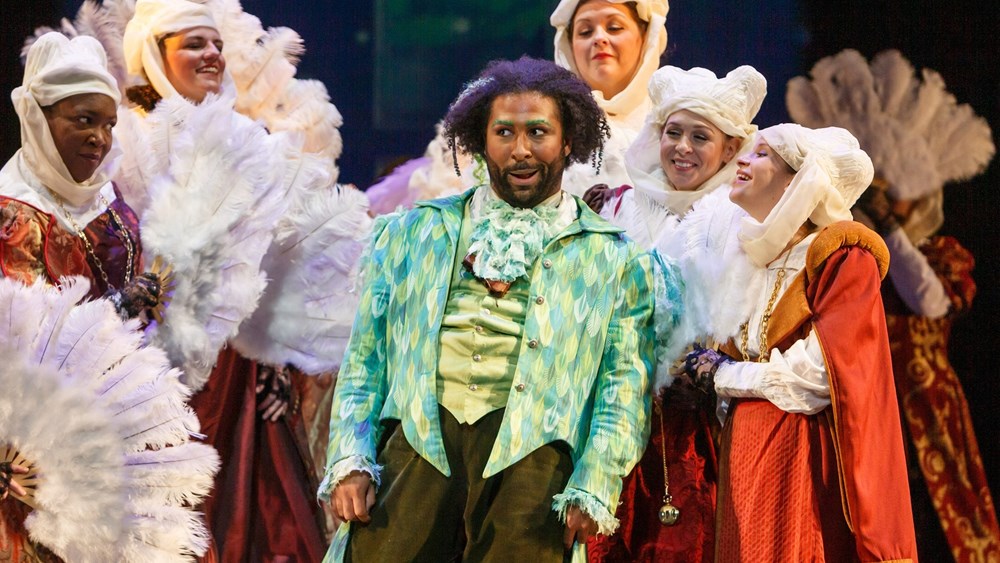
Even working singers often need to find other jobs, as baristas, construction workers, temps, or walking dogs, as Heather Johnson did in her early years. “I have a lot of friends who are close to me in age range, about 25–32, who are struggling, really struggling — and from top conservatories, like Juilliard and Yale — who are scraping together rent,” Wolfe says. Soprano Leah Hawkins sang at a church to supplement income before her promising career began to take off. The Swedish soprano Erika Sunnegårdh famously worked as a waitress and tour guide in New York City for 20 years before she got her big break at the Met in 2006. But it is difficult to find a dependable second job that allows an artist to disappear for weeks at a time to take singing positions. (At Opera Conference 2023, some singers argued that companies should allow singers time to work other jobs if they aren’t needed at rehearsals.)
CONTRACT TALKS
As singers advance in their careers and gain experience and exposure, pay for roles does increase. There are numerous factors involved in what a singer earns for a principal or secondary role. How much experience do they have? How rare are singers for a difficult role, such as The Magic Flute’s Queen of the Night? Or a part that requires skilled acting, like La traviata’s Violetta? How big is the company that is hiring, and what are its resources? So, the range is wide. A talented newcomer in a featured role at a decent-sized company might earn a substantial fee for a set of performances, whereas a genuine star might do even better.
But even then, the expenses associated with the profession cut into those increased fees. “I feel like you have to look at your contract and then assume you’re probably only going to net 50 percent,” says Edward Parks, a baritone who sings at top companies and who has appeared numerous times at the Metropolitan Opera. Parks ticks off some of his on-the-road expenses: “You still have to have a rental car in a lot of places, and the bigger houses don’t tend to pay for your housing, so you have to be as thrifty as you can.”
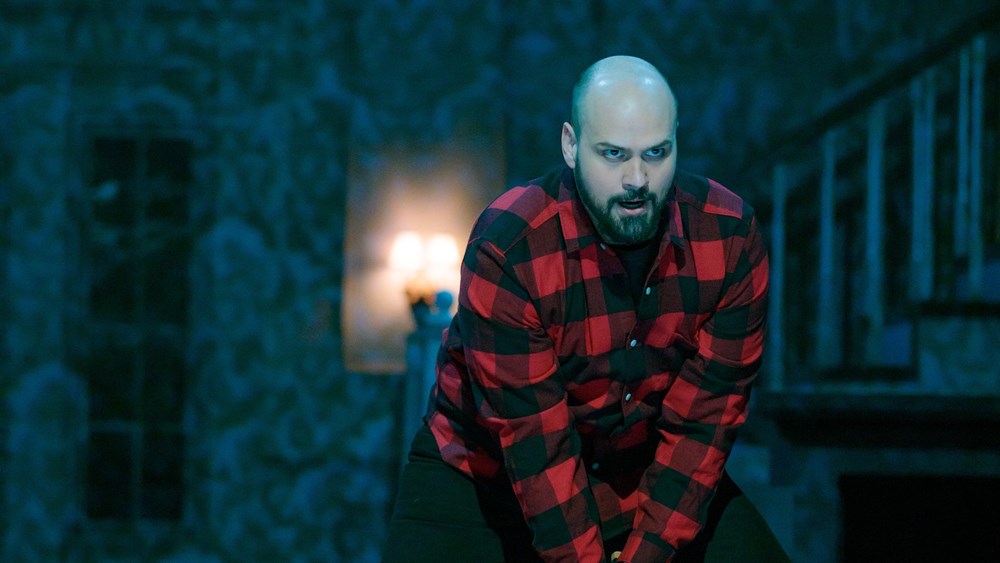
Parks also performs a lot of new repertoire, and that can take extra time to prepare. (He pays a pianist out of pocket to make tracks that he can use to master difficult music.) The advance prep time can be considerable, singers say, and hard to gauge. And of course, it’s unpaid. In some professions, being hired for a prestigious new role might be seen as a promotion or advancement. But for singers, it can actually reduce net pay. “When you get a new job in the corporate world, you usually get a sign-on bonus,” says baritone Benjamin Taylor, who has sung with companies large and small around the U.S. Taylor, still early in his career, believes there is value in performing new roles; it opens up opportunities and can be rewarding, either personally or financially or both. He will accept a lower fee for a role he wants, even if it costs him more to prepare. “If you just take a gig for the money, you end up having a miserable experience,” he says. “But you do want to end up not owing anything.”
VARIABLE COSTS
Performers need nice clothes, cosmetics, and hair care products for auditions and meet-and-greets. They are going to need a new suitcase or an extra toothbrush. Singers can easily lose out, especially in cases where they are paid a flat fee for singing and agree to cover other expenses out of their own pocket, which is common. “One day, you pull up United and flights are $800,” says in-demand soprano Lisette Oropesa, who appears regularly at opera houses around the world. “The next day you pull up United and flights can be $2,000.” It’s a dangerous game. It’s hard for singers to estimate what it costs them to be vigilant — the time and stress it takes to keep an eye on the quickly changing prices of apartments, hotels and Airbnbs, rental cars, and in this current inflationary period, food.
Singers also cite health insurance as a difficult issue. Some are able to be covered by spouses’ or partners’ plans. Others have to pay higher premiums. “Because we are freelancers, we travel a lot. So, I can’t have an HMO or something like that,” says Hawkins. “I need a PPO so that when I travel from place to place my insurance works.”
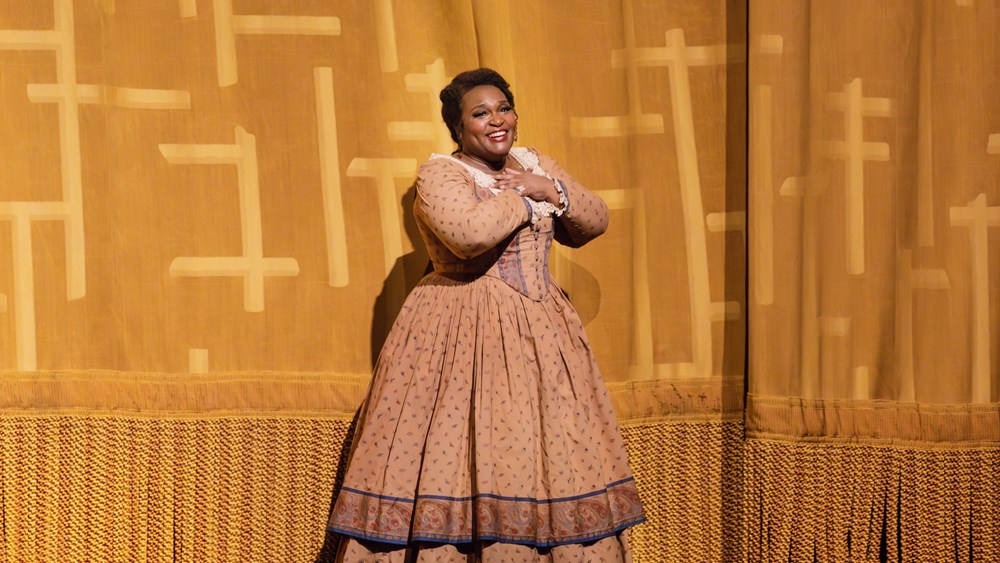
There’s little to no job security beyond single gigs, which can be devastating in difficult-to-predict situations, like having a child. Johnson recalls having to cancel numerous engagements after the birth of her son. She started back at work when he was six months old, she said, but things were not easy. She describes a time when she had her child on the road and got the flu herself. With her husband back home, she had to find expensive childcare on the fly. There was no time to recuperate, and she felt she had no choice but to power through and sing the role on opening night — either that or not get paid. “I was not going to miss those performances, because I needed the cash,” she says.
PAID UPFRONT
One of the biggest challenges facing singers is the fact that they often are not paid until opening night. Plenty of unexpected things can happen between rehearsals — in most cases unpaid time, an endemic issue in the world of performing arts — and the moment a singer steps on stage to sing for an audience. Family emergencies, car breakdowns, a simple cold.
“A lot of people don’t realize that soloists don’t get paid unless they perform,” says Oropesa. “You’re left with all of these costs, the ones you have to front right out of your pocket, and all this time that you spent there rehearsing,” Oropesa says. “If you get sick, you lose it.” For another example, Johnson notes that a company might sub one of their young artists for a proven professional singer who sprained an ankle and cannot get on stage, and therefore will not be paid.
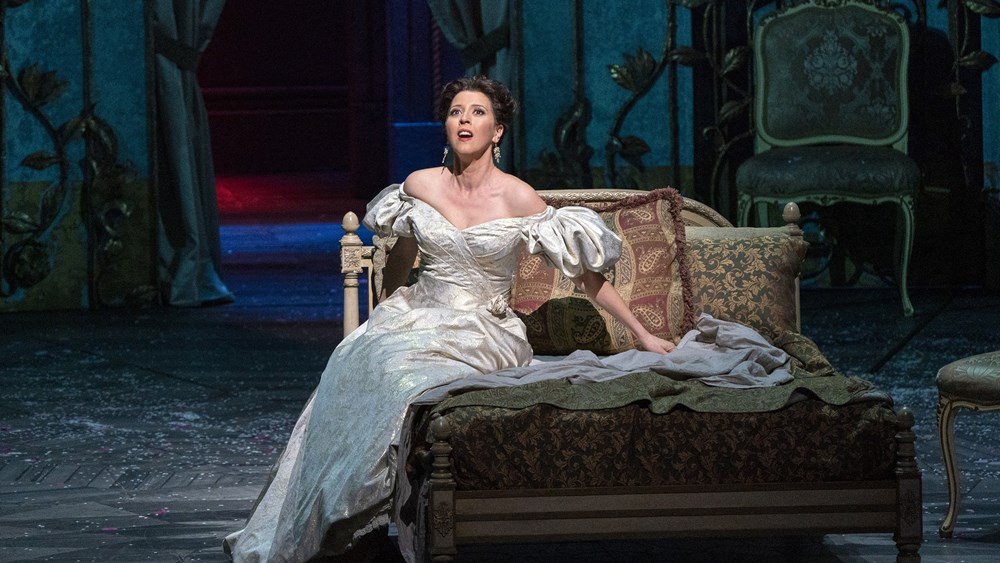
Both singers stress that each company is different. Some companies are empathetic. Others are not. Some companies are moving toward models that pay artists for rehearsals upon arrival, but that idea is slow to take hold. One company that does so is the Metropolitan Opera, which pays its singers during rehearsals so that it is not a total loss — for them and their spouses, children, and household members they help support — if something unforeseen happens.
There’s a persistent allure to salaried positions outside the arts, with dependable benefits like vacation days and paid holidays, unemployment compensation for the lean times, and health insurance. But singers are drawn to the profession out of passion, which means they’ve often been willing to shoulder some of the costs of their careers. Still, they’re hoping for change. “When I was younger, I thought that people dropped out of the business because they couldn’t get work,” says Wolfe. “But I now know more people who have left this business because they’re getting work and still can’t pay the bills.”
Emerging Singers' Income by Source

Source: The Soloist Collective for Emerging Singers' "Cost of Being a Singer" Survey (Survey data based on roughly 90 self-reported responses.)
This article was published in the Summer 2023 issue of Opera America Magazine.

Ray Mark Rinaldi
Ray Mark Rinaldi is a veteran arts writer and critic whose writing has appeared in Opera News, Chamber Music, Inside Arts, and the Denver Post.





